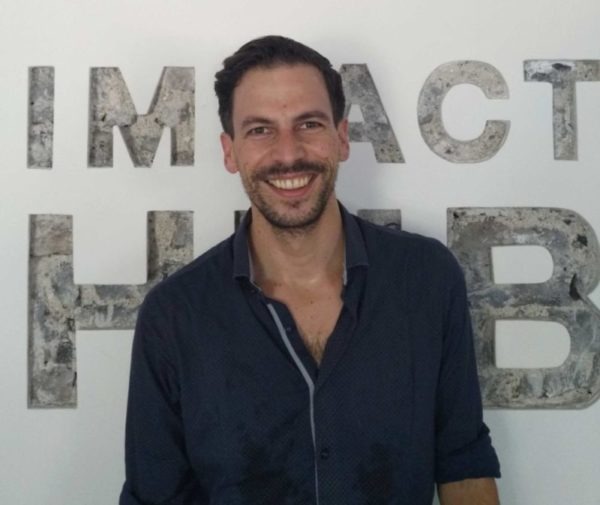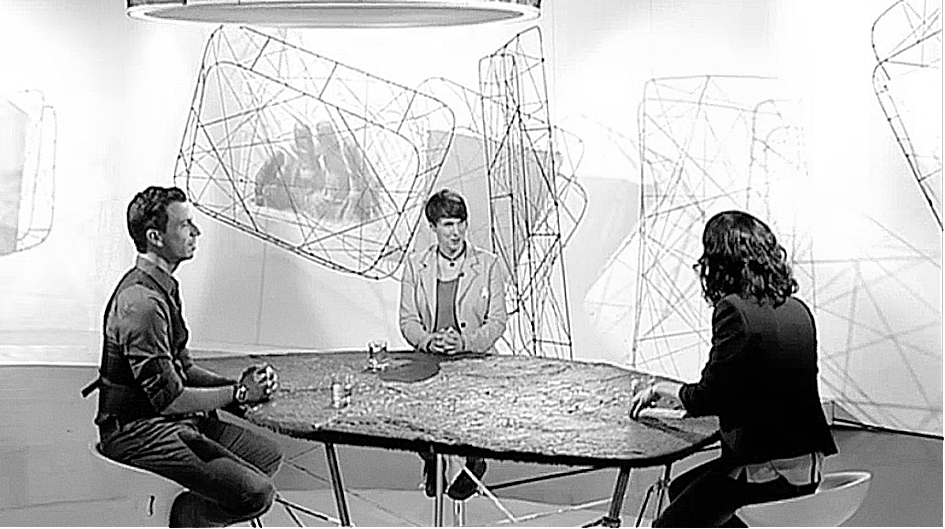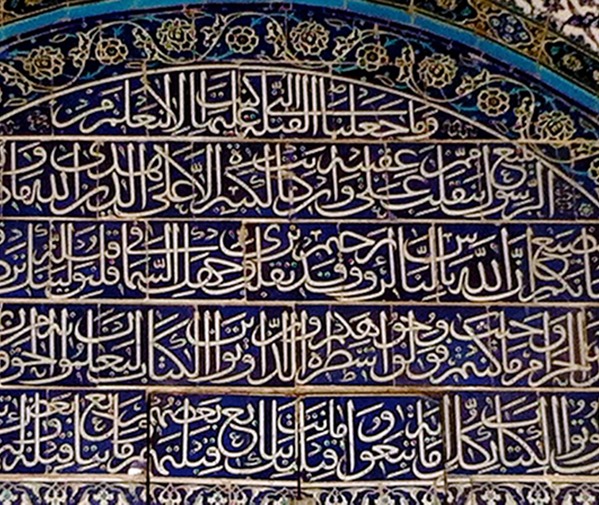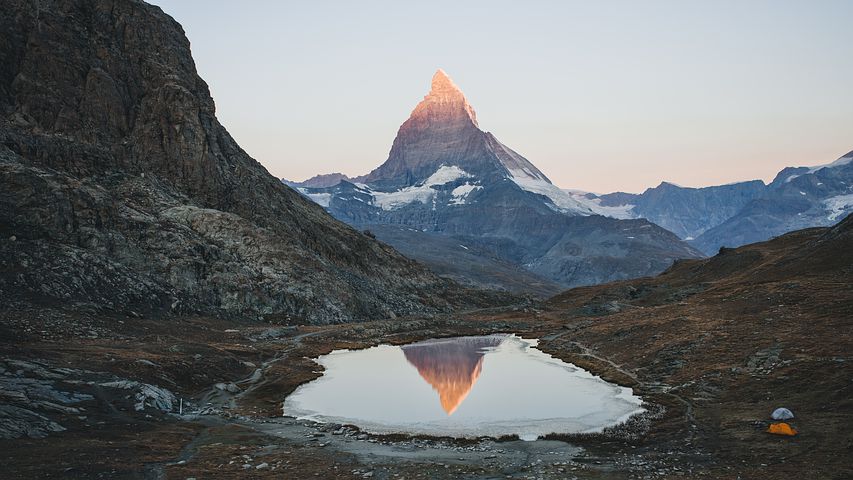
On our mountains when the ritual… announces a brilliant awakening
At a time when our society is becoming increasingly de-ritualised, what landmarks remain to guide us? Well, you see, some rituals continue without us being aware of their nature: the Swiss National Day, which takes place on 1st August and was celebrated for the very first time in 1891, on the 600th anniversary of the 1291 pact and the creation of the official national anthem, is a good example. Beyond the nationalistic dimension, sometimes used by politicians, let’s try to understand its symbolic relevance.
Why is the 1st of August a ritual for Swiss people?
Since 1994, August 1st has been an official holiday throughout Switzerland and this ritual commemorates a founding act in a collective way: it brings together a community of individuals who celebrate together a patriotic intention around common history and values. For a ritual to be effective, we often speak of the 3 “s”:
- The literal meaning: the meaning that a ritual gives at a given moment;
- The figurative sense: the direction or orientation suggested or evoked;
- The 5 senses: taste, hearing, touch, sight and smell;
When these three dimensions are reunited, the ritual tends to materialise and thus becomes anchored in a tradition. So, let’s take a look at this particular day in terms of these three dimensions.
- The 1st of August has, above all, a historical significance for the Swiss. It marks the founding act of the Confederation, concluded by the representatives of the three original cantons: Uri, Schwyz, Unterwalden. We have turned these historical roots into a unifying Swiss tradition: it is an opportunity to remember a common history by bringing to life the folkloric elements that make up part of our culture. It is a commemoration of our sense of identity that we seek to share and pass on to future generations.
- Of course, the 1st of August represents the past but above all the future: by celebrating this day, we honour our roots and perpetuate the common memory. In this way, we remember our origins and our belonging in order to keep the tradition alive. We pass these elements on to our children, for they are the generation of tomorrow and in 20 years’ time it will be their turn to ritualise this day in their own way.
- With each new edition, we gather with family and friends around the same table to share a meal, our senses constantly on the alert. No matter what the dish, our taste buds are enticed and often the dishes served on 1st August are repeated every year. Our sense of smell is also stimulated: the scent of the bonfires that are lit in our villages or communities are an integral part of this special day. Some people burn old objects to mark a passage in life, a before and an after. Moreover, the element of fire has always brought people together around its heat: it transmutes matter and loosens tongues. Moreover, fireworks and processions of lanterns fill our eyes, and our ears are lulled by national songs, the melody of the yoddle and the Alpine corps, or the official ritual speeches. Finally, like so many others, this celebration brings out all our senses and makes us forget, for a while, the monotony of our everyday life.
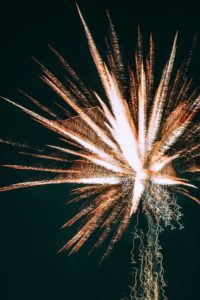
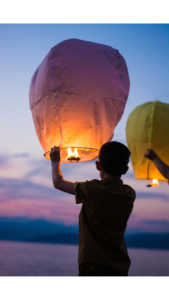

« When the morning skies grow red
And over us their radiance shed
Thou, O Lord, appeareth in their light!
When the alps glow bright with splendor,
Pray to God, to Him surrender!
For you feel and understand
That God dwelleth in this land.
That God, the Lord, dwelleth in this land. »
(Swiss national anthem in French)
It is not by chance that we find a similar celebration in Celtic tradition: Lughnasadh was celebrated on the day when all the fruit reached maturity, i.e. on 1st August. Dedicated to Mother Earth, this religious festival was enlivened by games, including an eloquence contest, and various recreational activities; it is a military truce that celebrates peace, friendship, abundance and prosperity of the kingdom. Thus, rituals can act as punctuation points in our lives, giving us a sense of structure: on our small scale, they provide a chance to take time out from the daily routine and chaos. On a grander scale, they support the narrative of our lives and build a bank of shared memories and experiences. Rituals are born out of a deep need to make sense and are an essential part of what makes, and keeps, us human.

